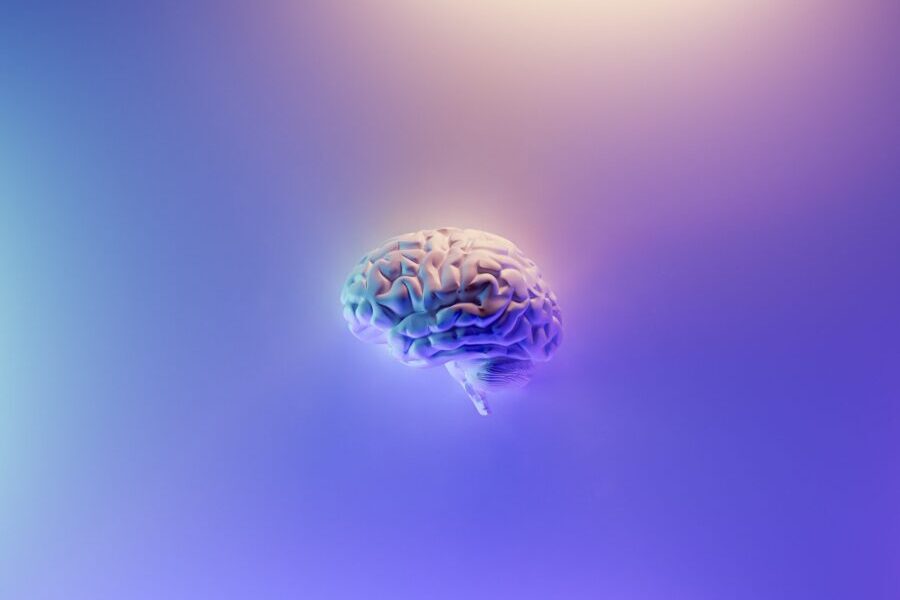Study Shows Hope for Treatment-Resistant Depression
A new, targeted form of transcranial magnetic stimulation (TMS) has been found to ease the symptoms of people with severe treatment-resistant depression for at least six months – more than twice as long as prior results – according to the findings of a new clinical trial published in Nature Medicine and reported in Medical Xpress.
Major (clinical) depression affects millions of people worldwide. The World Health Organization (WHO) estimates that 280 million people live with depression. According to NIMH, 21 million U.S. adults – 8.3% of the population – had at least one major depressive episode in 2021.
Two thirds of people suffering from major depression are helped by antidepressants and therapy. But one third have treatment-resistant depression (TRD), defined as a lack of response to two courses of antidepressants.
A large clinical trial conducted by the University of Nottingham in the UK used MRI neuronavigated Transcranial Magnetic Simulation (TMS) to target a specific region of the brain of patients suffering from major depression.
TMS is an outpatient treatment delivered in 20 sessions over four to six weeks. The conscious patient receives powerful magnetic pulses delivered to the left side of the head. This trial was unique in using neuronavigation, “a computerized tracking system using light to deliver the TMS, which is a way of precisely pinpointing the area of stimulation so that the same area is targeted at all 20 treatment sessions.”
Past trials have shown improvement in depression symptoms for 1-3 months at most. This new trial was encouraging, because patients saw reduced symptoms for six months, significantly improving their quality of life.
More than two thirds of trial participants responded to the treatment. One third showed 50% improvement in terms of their symptoms, and a fifth managed to move into remission and stay there.
“Given these patients are people who have not responded to two previous treatment attempts and have been ill for an average of seven years, to get such a significant response rate…is really encouraging,” said Richard Morriss, Professor of Psychiatry in the School of Medicine and Lead for the Center for Mood Disorders at the Institute of Mental Health.
He adds, “Patients who responded to the treatment could stay relatively well compared to how they were previously, with as little as one or two treatments a year. The changes we saw were substantial, not only in reducing their depression symptoms, but they were large enough to improve concentration, memory, anxiety and subsequently their quality of life.”
Read the full article here.
Or read the study results reported in Nature Medicine here.
Anscombe, Charlotte (University of Nottingham). “Novel MRI technique found to improve the lasting effects of treatment for severe depression.” MedicalXPress.com, 16 Jan 2024, https://medicalxpress.com/news/2024-01-mri-technique-effects-treatment-severe.html.
Photo by Milad Fakurian on Unsplash



